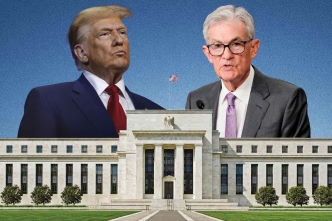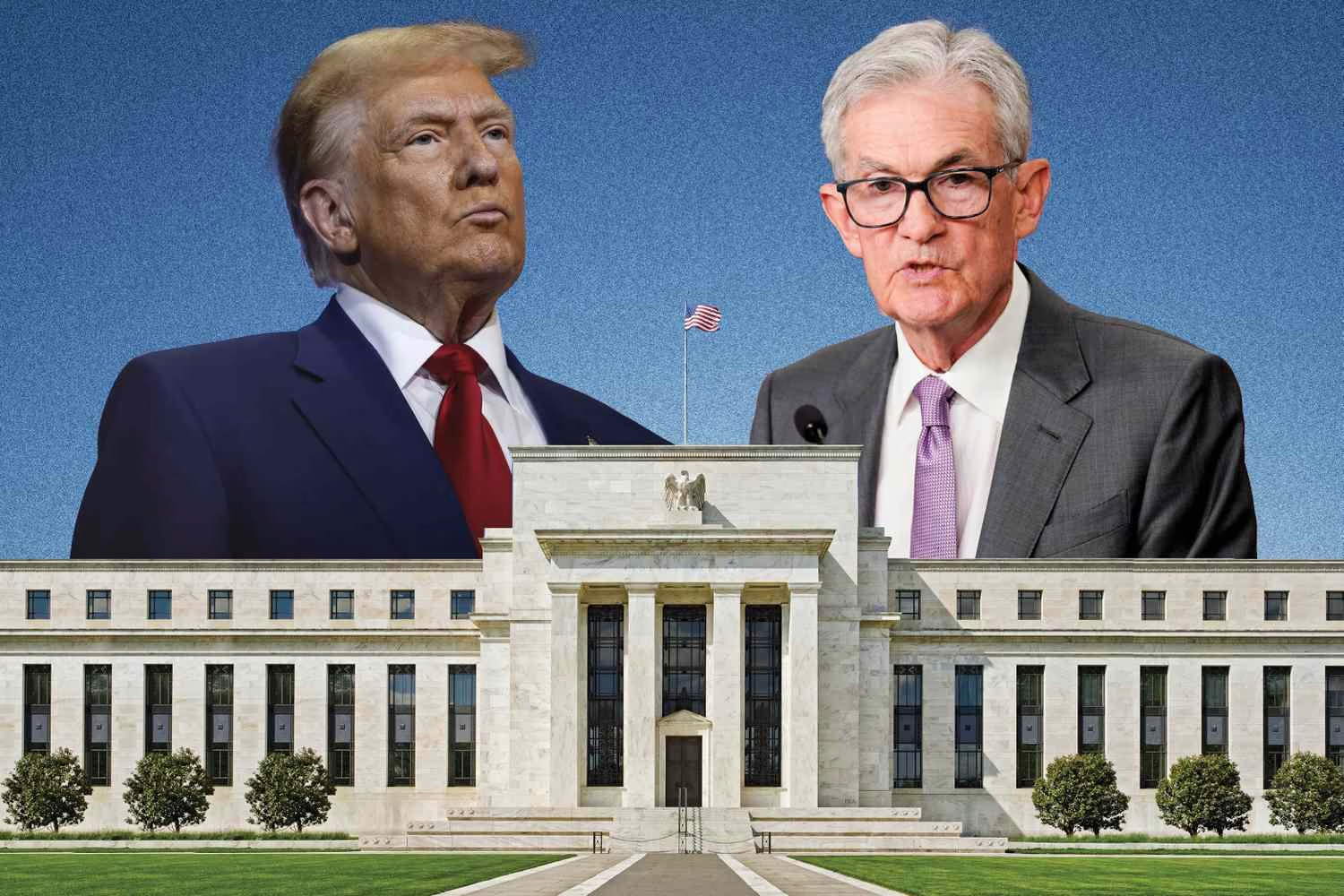Andrew Tate, the former kickboxing world champion turned social media influencer, has become one of the most polarizing figures in recent years. His outspoken views, controversial opinions, and public persona have sparked heated debates, attracting both fierce supporters and vocal critics. Among the loudest critics is the British Broadcasting Corporation (BBC), which has repeatedly focused on Tate’s behavior and opinions. But why does the BBC seem so intent on criticizing him? Let’s break down some of the key factors contributing to this ongoing tension.
1. Tate’s Misogynistic Remarks
One of the main reasons the BBC and other media outlets have heavily criticized Andrew Tate is his misogynistic comments. Tate has openly expressed opinions that many view as degrading to women, including statements about their roles in society, relationships, and even their worth. These remarks have led to widespread condemnation from social justice groups, feminist organizations, and the media. For the BBC, which has a responsibility to present content that is inclusive and respectful, Tate’s views are an ethical and editorial concern.
2. Media’s Responsibility to Public Perception
The BBC, as one of the world’s leading news outlets, has a duty to inform the public about figures who influence societal norms. Tate’s growing influence, particularly among younger audiences, raised alarms about the potential impact of his rhetoric. The broadcaster likely feels the need to address this influence by critiquing his statements, which they view as harmful or dangerous for public discourse.
3. Promotion of Toxic Masculinity
Andrew Tate’s brand of hyper-masculinity has been a frequent target for the BBC. His promotion of traditional gender roles and an aggressive version of masculinity clashes with contemporary discussions around gender equality and healthy masculinity. The BBC, which has tackled issues like mental health, equality, and social justice, likely finds Tate’s rhetoric problematic, as it runs counter to many of the values they champion in their content.
4. Online Influence and Controversy
Tate’s rapid rise to fame, particularly through platforms like Twitter, YouTube, and TikTok, raised eyebrows in the media. The BBC, as a global outlet, is aware of the power of social media influencers and the potential they have to shape public opinion. Given the controversy surrounding Tate’s content, the BBC has made it a point to report on his rise, framing his persona as a cautionary tale about the dangers of unregulated digital influence.
5. Allegations of Exploitation
In addition to his online persona, Andrew Tate has been accused of running businesses that some critics argue exploit vulnerable individuals. The BBC has been quick to report on these allegations, which further tarnish Tate’s image. His involvement in activities that some view as exploitative, such as the “Hustler’s University” and similar ventures, has added fuel to the media fire, prompting the BBC to dig deeper into his business practices.
6. Confrontations with the Media
Andrew Tate has not been shy about his disdain for the media. He has often criticized mainstream outlets, including the BBC, for what he perceives as biased or misleading coverage. His combative relationship with the press only intensifies the animosity between him and organizations like the BBC, making them more inclined to challenge his views publicly.
7. BBC’s Public Duty
The BBC is held to high journalistic standards due to its status as a public broadcaster. It has an obligation to represent a wide array of views while also safeguarding public welfare. Given Tate’s outspoken nature and controversial commentary, the BBC often critiques his views in an effort to maintain balanced reporting and protect public sensibilities.
8. Political and Cultural Clash
Andrew Tate’s views on various topics often align with far-right ideologies, which are at odds with the BBC’s general editorial stance, which leans towards inclusivity and progressivism. The BBC, in this sense, may view Tate as embodying an extreme counter-narrative that is dangerous in today’s politically polarized world. As such, his comments on political and cultural issues are scrutinized for the potential harm they might cause.
9. Tate’s Role in the “Red Pill” Movement
Tate is often associated with the “Red Pill” movement, which advocates for radical self-improvement, anti-feminism, and anti-establishment views. The BBC, as part of its mission to promote inclusivity and equality, views this ideology as problematic. Their coverage of Tate often highlights these associations to draw attention to what they believe are dangerous trends in modern culture.
10. The Backlash and Public Debate
Tate’s criticism of mainstream media and high-profile organizations like the BBC has sparked a backlash from his supporters, who accuse the press of unfairly targeting him. However, the BBC’s stance remains firm—holding public figures accountable for the messages they spread, particularly when it comes to influential platforms like Tate’s. This ongoing public debate keeps Tate in the media spotlight, ensuring that both sides of the argument are heard.
Conclusion
Andrew Tate’s controversial views and combative relationship with the media have made him a target for outlets like the BBC. While some view his comments as a challenge to political correctness, others argue that his rhetoric perpetuates harmful ideas. The BBC’s criticism of Tate is rooted in its role as a responsible news provider, tasked with shaping public discourse and countering harmful ideologies. Whether you agree with the BBC’s stance or not, one thing is clear—Tate’s influence and the media’s response to him are far from over.
















